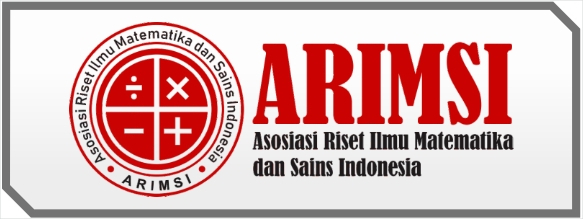Ragam Bahasa Slang Pada Kata “Well”
DOI:
https://doi.org/10.55606/sscj-amik.v1i3.1327Keywords:
Foreign Language, normalization, Ages, slang,wellAbstract
In the 21st century, there are many uses of new and foreign language terms, not even a few of these language terms have become normalized or normalized by the community for use in everyday life. The problem contained in this study is that the use of the slang term "well" is more dominantly used on social media, especially on social media tiktok and especially young people who tend to understand more about the term "well" slang. The purpose of this research is to find out why in the 21st century people, especially young people, are more interested in using the slang term "well" for everyday use and especially in social media tiktok. And also to invite or get used to using Indonesian more often . The method used in this research is qualitative data. The results of this study are to prove why the younger generation is more likely to use and understand more the Indonesian language in social media because Indonesian itself is an identity for citizenship. Based on the results of research that in the 21st century, people, especially the younger generation, are more comfortable and easier to understand the slang term "well".
References
Suryawin, P. C., Wijaya, M., & Isnaini, H. (2022). Tindak Tutur (Speech Act) dan Implikatur dalam Penggunaan Bahasa. Sinar Dunia: Jurnal Riset Sosial Humaniiora dan Ilmu Pendidikan, Volume 1, Nomor 3, 29-36.
Syafi’Junadi, R. K. L., & Laili, R. K. (2021). Fenomena Bahasa Gaul sebagai Kreativitas Linguistik dalam Media Sosial Instagram pada Era Milenial. Jurnal PENEROKA Vol, 1(01).
Anis, P. T. (2018). Kata-Kata Slang Dalam Instagram. Jurnal Elektronik Fakultas Sastra Universitas Sam Ratulangi, 1(2).
Hamidah, A. A. A., Rosalina, S., & Triyadi, S. (2023). Kajian Sosiolinguistik Ragam Bahasa Gaul di Media Sosial Tiktok pada Masa Pandemi Covid-19 dan Pemanfaatannya Sebagai Kamus Bahasa Gaul. Jurnal Onoma: Pendidikan, Bahasa, dan Sastra, 9(1), 61-68.
Oktavian, M. R., Widayati, W., & Tobing, V. M. T. L. (2021). Analisis Bentuk, Fungsi dan Makna Bahasa Slang Mahasiswa di Kawasan Kampus Universitas DR. Soetomo. Prakerta (Jurnal Penelitian Bahasa, Sastra dan Pengajaran Bahasa Indonesia), 3(02), 510-529.
Isnaini, H. (2022c). Suwung dan Metafora Ketuhanan pada Puisi "Dalam Diriku" Karya Sapardi Djoko Damono. Jurnal Telaga Bahasa: Balai Bahasa Gorontalo, Volume 10, Nomor 1, 22-31.
Ridlo, M., Satriyadi, Y., Azzahra, N., & Nasution, A. H. (2021). Analisis Pengaruh Bahasa Gaul Di Kalangan Mahasiswa Terhadap Bahasa Indonesia Di Zaman Sekarang. Jurnal Kewarganegaraan, 5(2), 561-569.
Padang, S. I. B. DAMPAK PENGGUNAAN BAHASA GAUL DI KALANGAN REMAJA TERHADAP BAHASA INDONESIA GUSNAYETTI.
Usti, U. (2021). Karakteristik Penggunaan Bahasa Gaul dalam Media Sosial Facebook (Doctoral dissertation, UNIVERSITAS HASANUDDIN).
Isnaini, H. (2023). Semesta Sastra (Studi Ilmu Sastra): Pengantar Teori, Sejarah, dan Kritik. Bandung: CV Pustaka Humaniora.
Sari, D. N. PENGGUNAAN BAHASA SLANG DALAM BAHASA WALIKAN MALANG MELALUI MEDIA SOSIAL WHATSAPP GROUP KOMUNITAS AREMANIA DI JOMBANG THE USE OF SLANG IN WALIKAN MALANG LANGUAGE BY SOCIAL MEDIA WHATSAPP GROUP AREMANIA COMMUNITY IN JOMBANG.
Sulastri, R. (2021). Penggunaan Bahasa Gaul dalam Media Sosial Facebook Di Kalangan Remaja. Diksatrasia: Jurnal Ilmiah Pendidikan Bahasa dan Sastra Indonesia, 5(1), 31-33.
Wardana, B. W. P., & Sabardila, A. (2022). Ragam Bahasa Gaul dalam Caption Akun Instagram Beauty Influencer@ cindercella dan Dampaknya terhadap Eksistensi Bahasa Indonesia. Jurnal Onoma: Pendidikan, Bahasa, dan Sastra, 8(1), 112-122






















